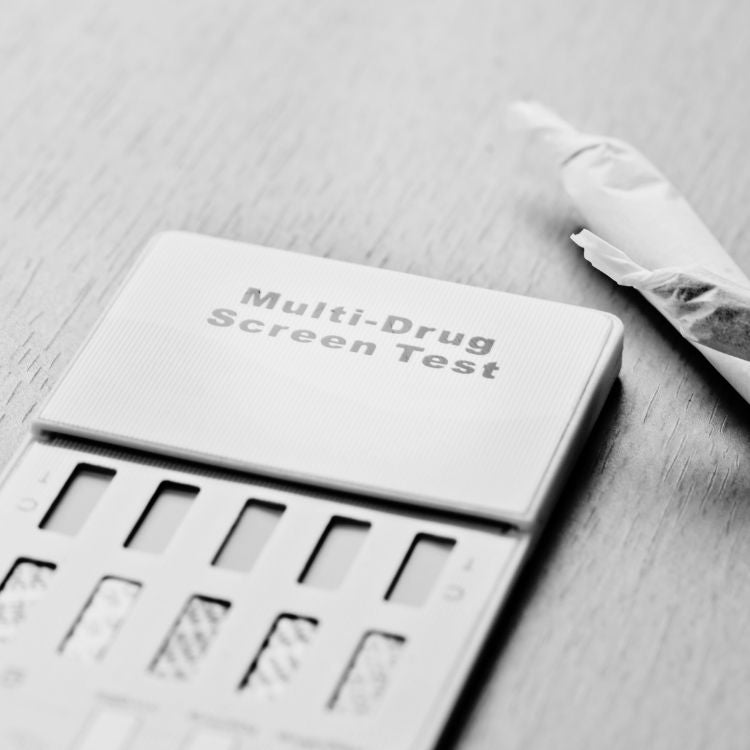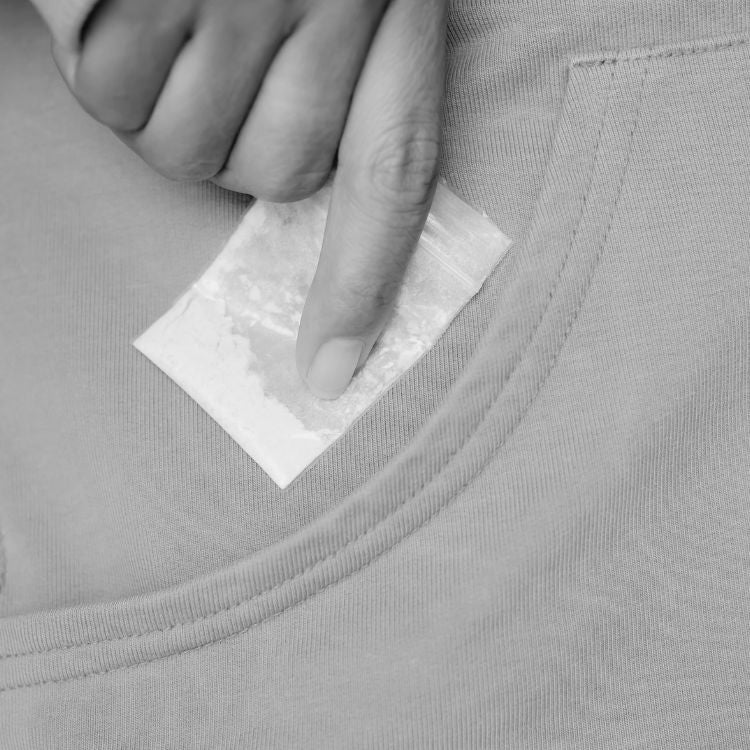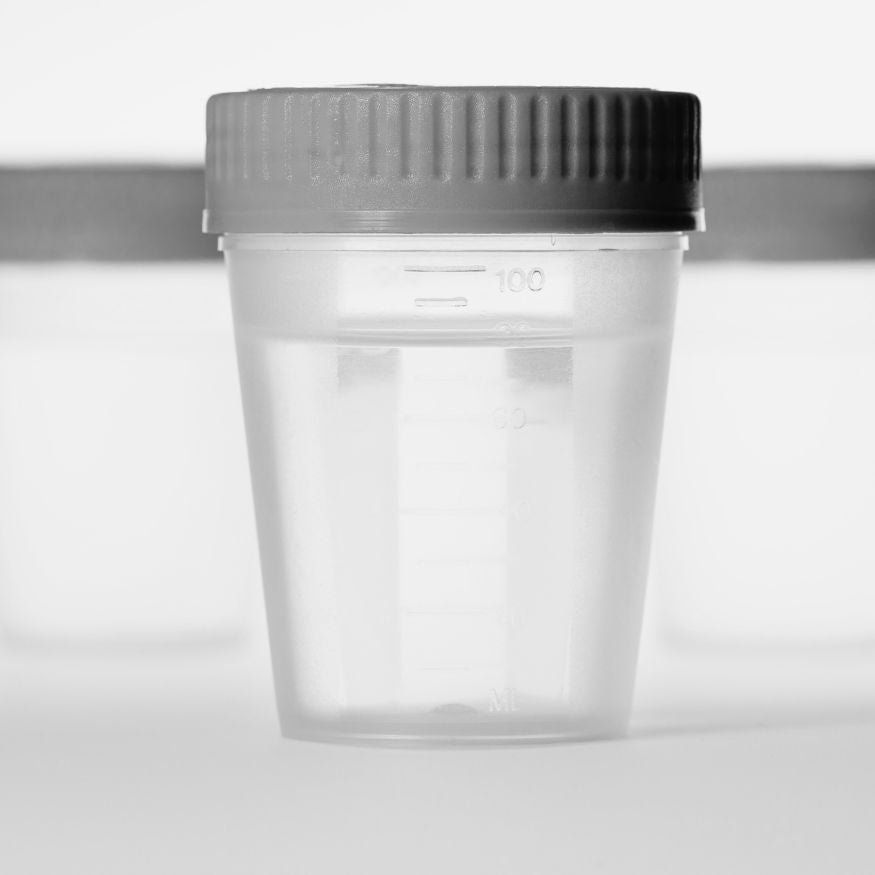Depending on your chosen industry, the likelihood of being on the receiving end of a random drug test in an Australian workplace is quite high – in fact, it’s actually a requirement in a number of sectors, including mining, transport, and construction.
Yet, research from the Alcohol and Drug Foundation shows that 1 in 50 Aussies surveyed have gone to work under the influence of drugs before. Not only does this pose significant safety risks for yourself and others, but it also puts you in danger of disciplinary action from your employer, or even being fired, should you be subjected to a drug and alcohol test for work.
If you think you may be at risk of failing a random drug test at work, there are precautions you can take to protect yourself. Knowledge is power – keep reading as we unpack everything you need to know about random drug testing in Australian workplaces, including how to protect yourself by checking your drug levels with a home drug test kit.
Can I be drug tested at work?
First things first – is it actually legal to be randomly drug tested at work? In Australia, the answer is a resounding yes. In some industries where employee drug use could pose significant safety risks for your colleagues and the general public, such as mining, construction, and transport, regular drug testing is mandatory. Across all other industries – even those that may seem ‘low risk’ like office work and hospitality – it’s completely legal for your employer to ask you to take a drug test.
However, regardless of industry, your employer must have regulations around the use of drugs and alcohol in the workplace outlined in their company policy, and this must state that random drug tests may be administered.
Can I refuse a random drug test at work?
Many workers are unsure of their rights in the workplace, and drug and alcohol testing is definitely one of the most mystifying areas. In short, you can refuse a drug test at work – but there may be significant consequences, depending on your company policy. If you work somewhere drug testing is a routine, implicit part of ensuring you can do your job properly, then your company may have grounds to take disciplinary action against you or relieve you of your employment if you say no.
However, remember that no one has the right to physically force you to do anything at work – so if you refuse, your employer must provide you with another course of action, whether that’s an alternative plan to ensure you’re working safely, or terminating your contract.
Which substances are prohibited in the workplace?
In most workplaces, illicit substances are completely prohibited – this includes drugs like cocaine, heroin, MDMA, ice (crystal methamphetamine), and marijuana. There will also be a limit on how much alcohol you can safely consume to be considered fit for work. If you’re in an industry that doesn’t require you to undertake significant physical tasks, this is likely the legal blood alcohol limit of BAC 0.05.
However, in higher-risk industries where you might be operating heavy machinery, or are responsible for the health and wellbeing of others, there is generally a zero-tolerance policy for alcohol, meaning your BAC will need to be 0.00. High-risk industries may also have their own unique policies that strictly prohibit all drugs, including prescription drugs like opioids.
What happens if you test positive for drug and alcohol testing at work?
If you take a drug test for work and it comes out positive, what happens next will be entirely dependent on your company’s workplace drug and alcohol policy. Fortunately for most employees, failing a drug test for the first time won’t warrant immediate termination. It’s likely you’ll receive a warning, or be put on a performance plan to regain your employer’s trust. In some workplaces, this may also include drug and alcohol counselling designed to help curb any reliance you have on controlled substances, or to educate you about the safety risks of using drugs and alcohol at work.
However, this is once again very dependent on your organisation’s policies and regulations – some businesses may have a zero-tolerance policy that means you’ll be terminated immediately if you fail random drug testing at work.
How can I avoid losing my job because of a work drug test?
As well as thoroughly checking your contract and any company policies to ensure you don’t violate them, the best approach to avoid losing your job is to preventatively test yourself for drugs and alcohol at home before you go to work. After all, by using drugs and alcohol at work, you’re not only endangering your own job security, but you may also be putting the safety of yourself and others at risk. Simply put, it pays to take a home drug test – in more ways than one.
Thankfully, there’s an easy way to figure out whether you still have drugs in your system so that you can make informed decisions about attending work. Drug Alert urine and saliva drug test kits are affordable, simple, and designed to give you peace of mind if you’re worried about going to work with drugs in your system. Results from our Drug Alert test kits only take 5 minutes, and are 99% accurate.
So, the next time you’re worried about random drug testing at work, we’re here to help you rest easy. Taking a Drug Alert rapid test at home will save you hours of worry by providing a clear picture of whether or not you still have drugs in your system, so you can determine what’s next and avoid putting yourself and your job at risk.
We offer a range of drug test kit options, including marijuana-specific kits and comprehensive kits to test over 10 street and prescription drugs like cocaine, MDMA, and methamphetamines. All Drug Alert test kits comply with Australian and New Zealand standards. Learn more about how our kits work and how to use them effectively.
Rapid test kits produced by Drug Alert only provide a qualitative preliminary analytical test result. A secondary analytical method must always be used to obtain a confirmed result.




